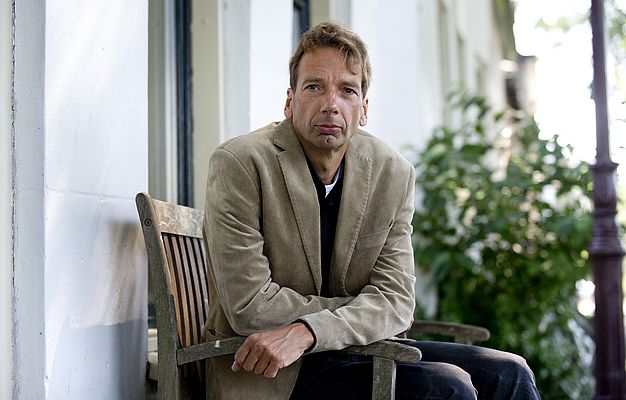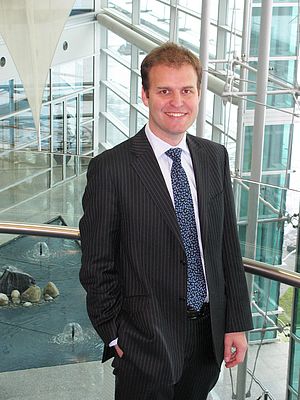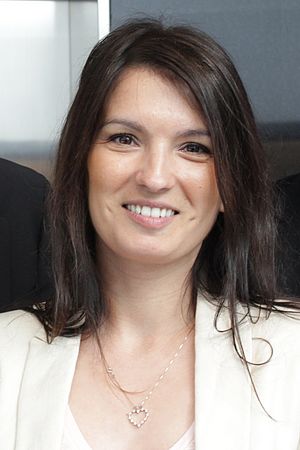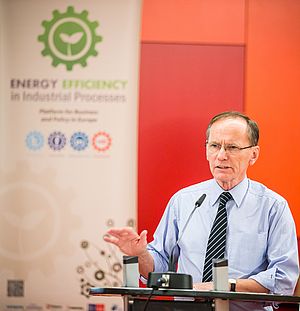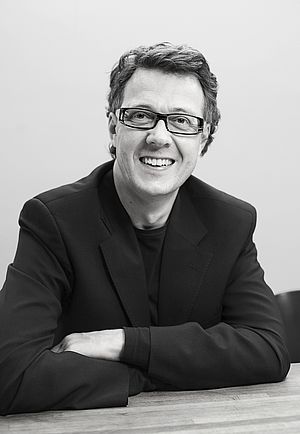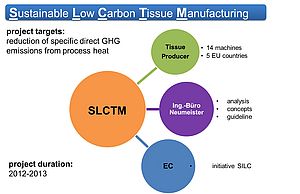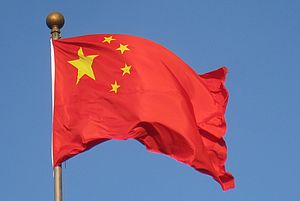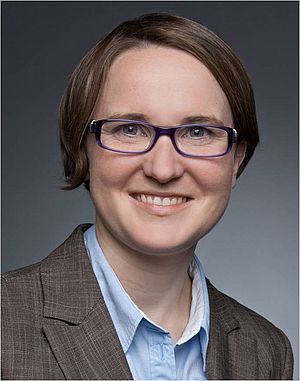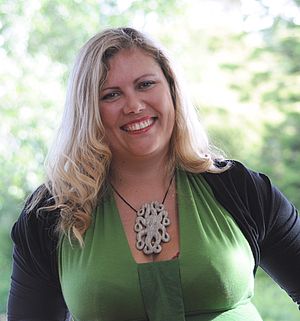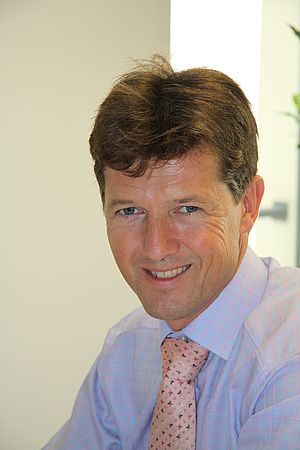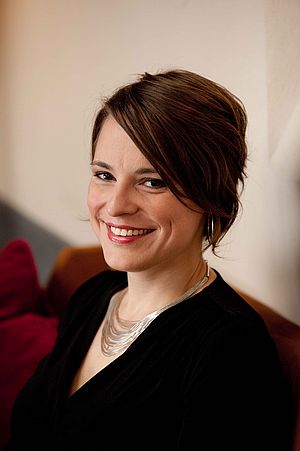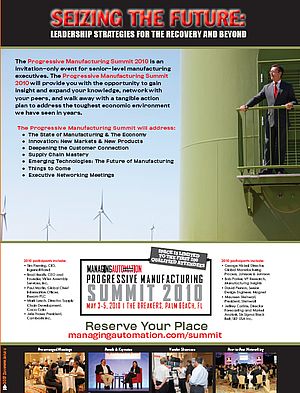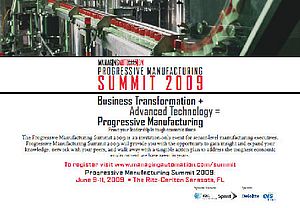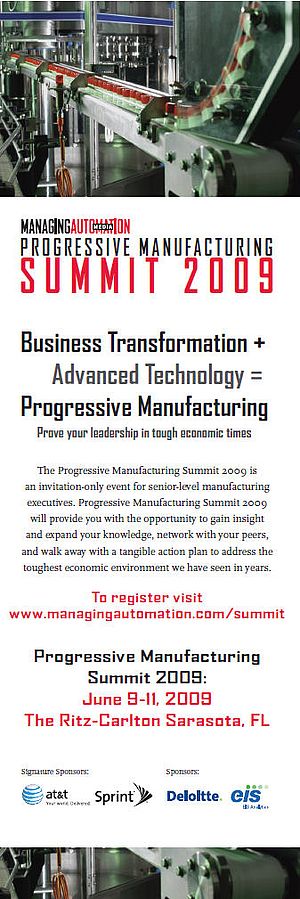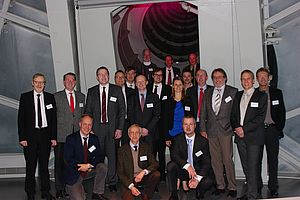By Karel Beckman co-founder and editor-in-chief of the independent website Energy Post
RWE, Germany’s largest power producer and one of Europe’s biggest emitter of greenhouse gases, has decided to radically depart from its traditional business model based on large-scale thermal power production. Henceforth, the company will “create value by leading the transition to the future energy world”. This is shown by confidential strategy documents that were discussed at a recent meeting of RWE’s Supervisory Board in Warsaw which Energy Post has seen.
The “Strategic Roadmap” discussed in Warsaw in September 2013 and a strategic document called “RWE’s Corporate Story” make it clear that the company’s leadership has accepted that RWE, which has traditionally relieved heavily on its coal-fired and nuclear power production business, has decided that it needs to radically change course it if wants to survive in the new energy world created by Germany’s and the EU’s Energiewende. “The massive erosion of wholesale prices caused by the growth of German photovoltaics constitutes a serious problem for RWE which may even threaten the company’s survival”, states the Strategic Roadmap.
At the same time, RWE’s management has decided that the company will not be able to play a leading role in the new growth sector of decentralized, subsidized power production, which it says will remain “the only growth segment in the European power generation market” for the foreseeable future. “In a low-interest environment, it will not be possible for RWE to generate sufficient return within this subsidised industry. Our cost of capital will not be competitive against funding from private and institutional equity investors”, says the strategic document.
Instead, the company has decided that it wants to become an “enabler” in the renewable energy sector. According to the strategy paper, “The guiding principle is ‘from volume to value’ with technologies ranging from large-scale offshore wind and hydro to onshore wind or photovoltaic. But we will no longer pursue volume- or percentage- targets in renewables (x TWh/y % in 2025). We will rather leverage our skills set by taking a ‘capital light’ approach. Based on funds sourced largely from third parties, we will position ourselves as a project enabler, operator and system integrator of renewables.”
New vision for retail
In addition to defining a new role in renewable energy, RWE’s management has also laid out an ambitious new vision for its retail business. The European energy retail sector is “about to undergo a massive transformation in the coming years”, says the strategy paper. RWE has a strong position in this sector with a “stable and huge customer base of almost 25 million customers across Europe which provides robust cash-flows”.
However, the management notes that there are “three challenges” the company has yet to meet. The first is “customer centricity”, which “will become a critical capability which we have not sufficiently addressed yet.” According to the strategic paper, “RWE will need to better utilise its size and existing customer knowledge along the value chain as a basis for catering for increasing customer demands and requirements. Deriving deep customer insights by applying advanced data analytics will help us to create additional value for our customers. In the future RWE’s competitive edge will be determined by our ability to be a service company applying energy supply capabilities and information technologies intelligently in addition to being a (regulated) asset owner and operator.”
Secondly, the strategy paper notes that “developing an innovative and profitable prosumer business model is a challenge we also need to address successfully as we see a billion-euro market emerging alongside our traditional value chain”.
Thirdly, it says that “we have to manage innovation more creatively and professionally in future. We need to establish a culture, structures and processes that allow us to develop new business models which go beyond incremental improvement of the existing value chain. In a highly uncertain and volatile business environment, we need to transform ourselves from a ‘risk mitigation’ to an ‘uncertainty management’ company.”
Ultimate and irreversible distortion
The company has two other businesses that it views as pillars of its future revenues. First there is the trading business, which will continue to operate globally as it is doing now. Second RWE owns extensive distribution grids in Germany and some other countries in the EU that did not require ownership unbundling. RWE views those grids as an indispensable “technological platform for the energy market transformation in Germany and in Central Eastern Europe”.
That leaves of course RWE’s conventional generation business. The main function of this “existing conventional fleet” will be to provide backup capacity. The strategy paper says that “the prospects for RWE’s generation business are driven by the following convictions”. First, “although we see a huge build-up of a renewable generation infrastructure ( … ) the demand for reliable capacity will not decline significantly any time soon. The system requires roughly 260 GW of reliable capacity in Central-Western Europe in 2013 and will not require much less in 2030.”
“The second conviction, which partly breaks with the targets of the present strategy, is that portfolio churn is not an option any more. We have to live with our assets and make the best of them.”
“Last but not least: Currently, backup capacity is needed but not adequately remunerated. This is the result of an ultimate and irreversible distortion of the present market design. This situation will end at the end of this decade at the latest.”
The consequences of these convictions for “the strategic direction of the conventional generation business” are twofold, says the strategy paper. The first is that RWE will “pursue no-regret-steps consistently and without hesitation. This implies scaling down and restructuring our portfolio to maximise its flexibility and efficiency. We understand that in a market still oversupplied with capacity cost, leadership and efficiency will be key differentiators in competition.”
The second is that RWE will “fight for the most reasonable market design. In the long-term, RWE with its present asset base should find its role as the most efficient capacity and base-load provider for Europe. Whatever market design replaces the present one, it is very likely that it will contain a significantly higher level of regulation and administrative intervention. That means that RWE needs to offer its expertise in order to contribute to the political opinion forming process in a credible, trustworthy but also self-confident way.”
“Push Europe’s energy transition”
It is worth noting that Peter Terium, the 50-year old Dutchman who has been CEO of the German energy giant since July 2012, was among one of ten CEO’s of European energy companies who on 11 October gave a joint press conference in Brussels in which they warned that the EU’s energy and climate policy is having a disastrous effect on the power production sector, even leading to the risk of major blackouts. “We cannot have a renewables society without security of supply”, Terium said on that occasion, according to a report from Reuters. “The S.O.S. signal that we are sending today is about the need to have a power market design that catches up with this reality.”
Although the press conference of this so-called Magritte Group, named after an art gallery where the initial meeting took place, may have given the impression that the energy industry leaders were fighting to retain the traditional market structure, RWE’s strategic documents make it clear that RWE at least has accepted that a new market structure is emerging which the company has decided to give its full support.
According to one of the two strategy papers, RWE’s new mission is to “create value by leading the transition to the future energy world”. It adds that “with our mission, we emphasize that we are doing all in our power to become the most trusted, high-performing partner for the transition of the European energy landscape. To achieve this, we will enter into multiple dialogues to support a thorough and mutual understanding. Once there is a clearer understanding of what RWE is about and why we take certain actions, we believe we can move beyond being ‘tolerated’.”
Indeed, it appears that the RWE management does not merely support the energy transition, but it actively wants to lead it. According to the strategy paper, the company’s goal is that in five years’ time, “RWE will have been vital in shaping the energy industry across Europe.” RWE also wants to be “the most efficient, integrated European energy utility in Europe by 2018”. It has set itself three strategic targets: “Successfully shape Europe’s energy industry, regain our financial fitness and transform RWE into a high-performing organization”. The first of these three targets is re-stated in the paper as to “push Europe’s energy transition”.
Clearly, the management of RWE, until recently seen as one of the “dirtiest” energy companies in Europe, has decided once and for all to leave its past behind and embrace a future in which it believes renewable and increasingly decentralized forms of energy will dominate.
Karel Beckman is co-founder and editor-in-chief of the new independent website Energy Post (www.energypost.eu). Before this he was editor and intellectual founder of European Energy Review and energy editor at the Dutch financial newspaper Financieele Dagblad. In 2011 he won the 2010 Award for Excellence in Written Journalism from the International Association for Energy Economics..


